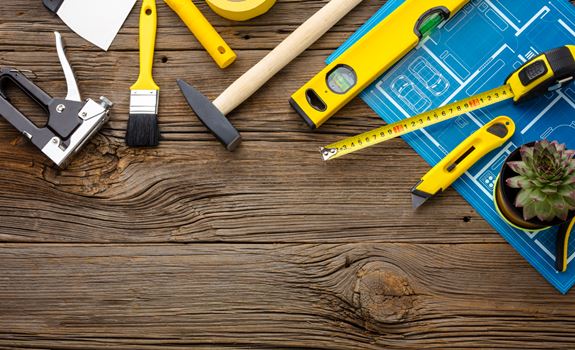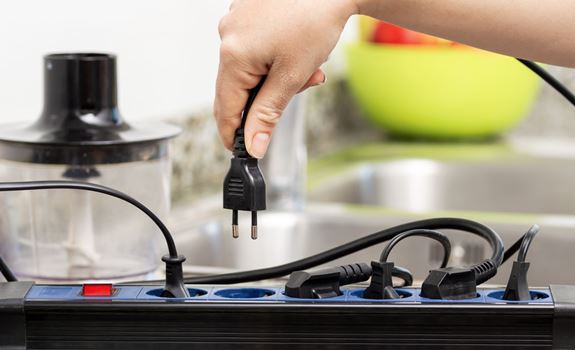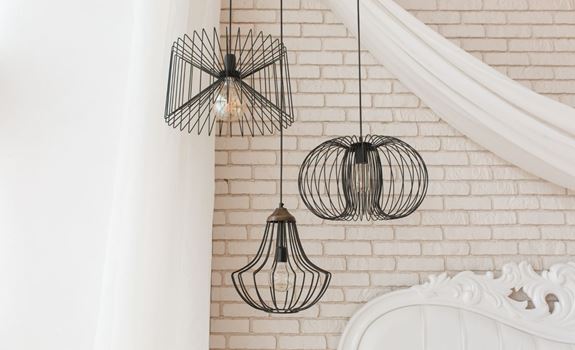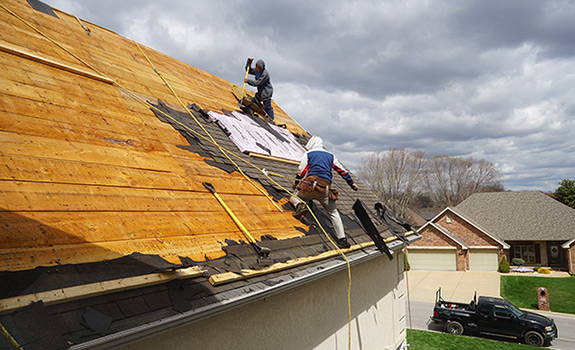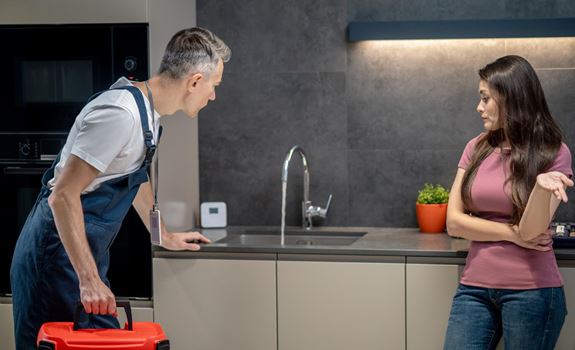As the days grow longer and temperatures slowly start to rise, the inevitable spike in electricity costs becomes a growing concern. With air conditioners churning away and fans spinning tirelessly, it’s no surprise that energy bills often surge during the summer months. However, by keeping a keen eye on energy use, switching to more efficient cooling solutions, capitalising on natural light and ventilation, maintaining appliances diligently, and adopting energy-saving habits, it’s possible to keep cool and keep expenditure in check.
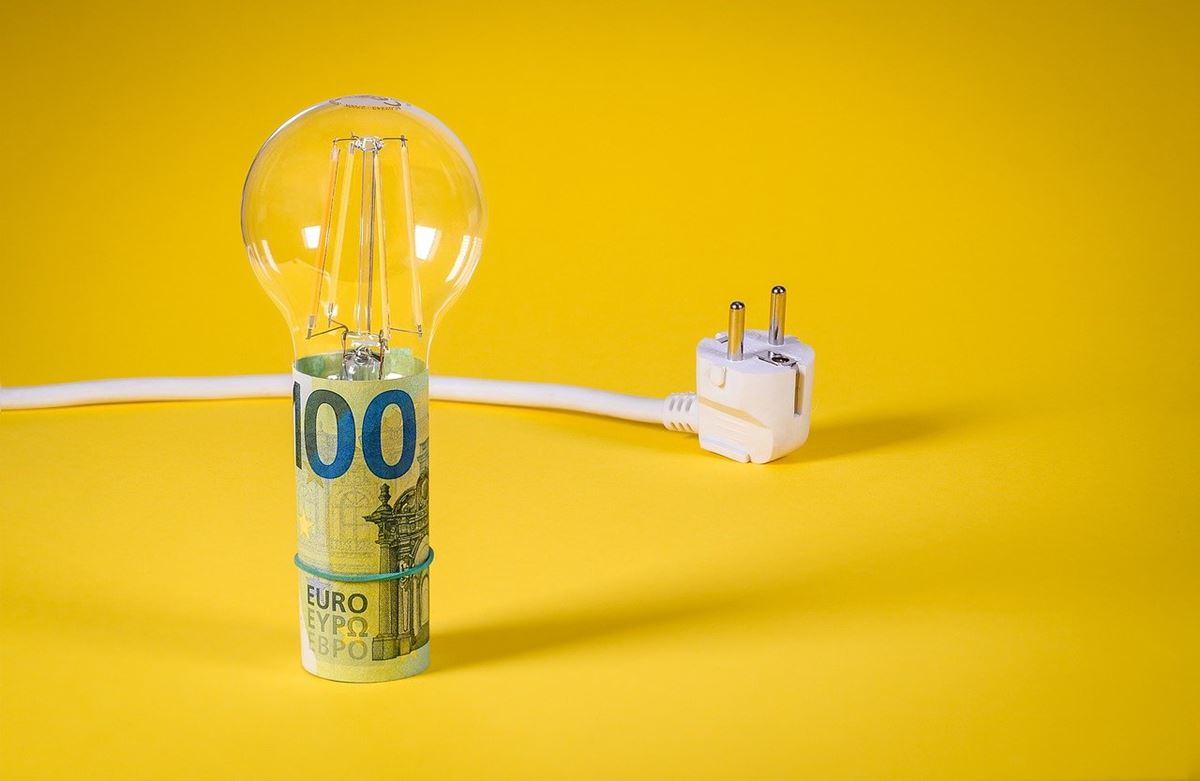
Understanding Your Electricity Usage in Summer
Although the increased use of air conditioning in summer is expected, it’s crucial to understand just how much electricity usage escalates during this season. Cooling devices, unsurprisingly, are notorious energy hogs. But other home appliances like refrigerators also work harder to maintain their cool, consuming more energy in the process. Therefore, it’s essential to realize the connection between heat and electricity use; the hotter the summers, the higher the power consumption.
Fortunately, various tools and technologies allow for monitoring of energy usage at home. For instance, smart metres and energy management apps offer insights into electricity use in real time, helping homeowners identify which appliances consume the most power and when.
Energy-Efficient Cooling Solutions
Given the energy demands of typical air conditioning units, energy-efficient alternatives, such as ceiling fans, evaporative coolers, and programmable thermostats, can offer significant relief to the power grid and your wallet. In fact, a ceiling fan consumes one-hundredth the energy of an air conditioner and can make a room feel 4 degrees cooler.
Sure, an air conditioning unit can provide unmatched comfort during a sweltering summer day. Still, the cost and energy savings potential of energy-efficient cooling solutions allow for a compelling case for their adoption. By integrating these options into your home setup and using them wisely, you can significantly reduce energy bills while still maintaining comfortable indoor temperatures.
Making the Most Out of Natural Light & Ventilation
Harnessing the benefits of solar power is about more than just solar panels. By optimising the use of natural light, the need for electric lighting during daytime can be greatly reduced. Likewise, improved ventilation can keep homes cooler and reduce reliance on artificial cooling systems.
There are simple yet effective ways to regulate the source of natural light and heat such as using blinds or curtains to block direct sunlight during peak hours. Similarly, growing indoor plants can enhance ventilation and provide natural cooling. Outdoor trees and shrubs also provide shade, further aiding in maintaining cooler temperatures indoors.
Regular Maintenance to Ensure Efficiency
Regular maintenance of appliances, especially cooling devices, is pivotal in maximizing their energy efficiency. A well-serviced air conditioner will consume less energy and run far more efficiently than one that’s neglected. Establish a timetable for regular checks and maintenance to avoid forgetting this crucial task. Even do-it-yourself maintenance –like occasionally vacuuming your refrigerator condensate coils or cleaning the air filters of your cooling units– can contribute to their prolonged efficiency. If your appliances are old, consider replacing them with new energy-efficient models.
Implementing Energy-Saving Habits in Daily Life
Developing and nurturing energy-efficient habits, such as line drying clothes rather than using the dryer or using a microwave instead of the oven, can lead to substantial power savings. Moreover, conscious efforts to unplug devices and switch off lights when they’re not in use can substantially reduce the drain on electricity. Many households also stand to benefit from shifting their most significant energy use to off-peak hours when electricity rates are often lower. Regularly review your electricity bill to understand your consumption patterns and identify any areas where you might be able to cut back.
In fact, transforming individual energy-saving habits into communal norms can lead to a significant reduction in total grid demand. So, spread the word and encourage others to do their part in conserving electricity.
~
In conclusion, although summer is synonymous with high electricity usage, effective strategies like monitoring energy consumption, adopting energy-efficient cooling solutions, optimising use of natural light and ventilation, ensuring regular appliance maintenance, and inculcating energy-conserving habits can significantly reduce electricity bills.
The importance of energy conservation cannot be overstated, especially during the sweltering days of summer. By saving electricity, you not only save money but also contribute to reducing greenhouse gas emissions and combating climate change. So, let’s make conscious choices about energy usage this summer, benefiting our pockets and our planet.
Published in: Home advice | Author: Lynn



